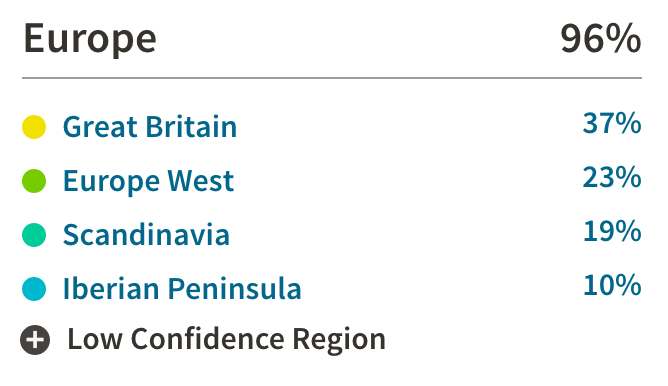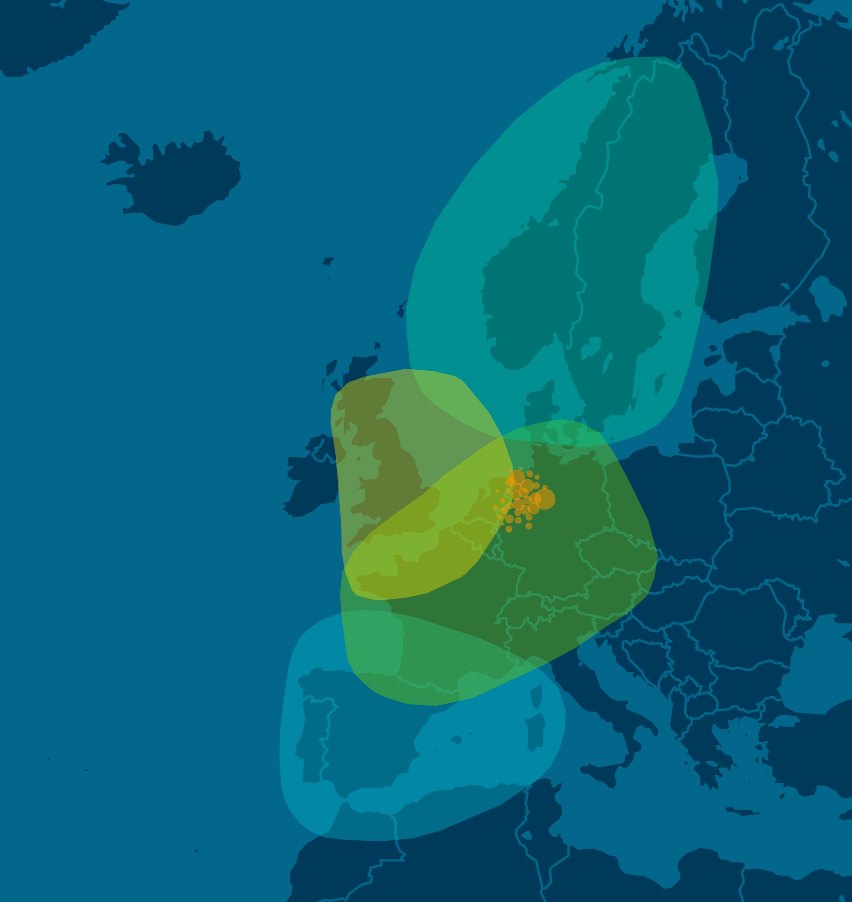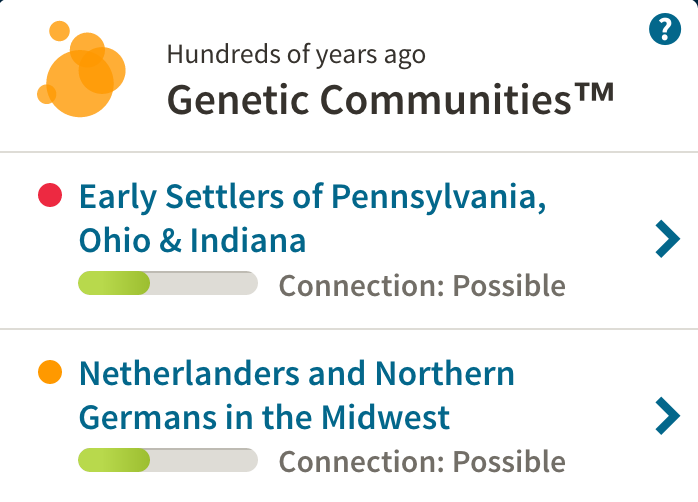I usually refrain from posting about my job because 1) There’s always someone with no sense of humor who takes things too literally/personally, and 2) There’s always a fine line between giving context and disclosing too much about things that aren’t public knowledge.
But I will attempt to traverse this line because in this scenario the story involves no widespread PR disaster, nor does it explain anything proprietary–simply basic technology. All is paraphrased. Here goes:
I notice an email campaign isn’t launching. I ask the guy who schedules them with the FTP server why.
FTP Guy: “The filename doesn’t match the email platform template, so the SAS code is sending data to the inactivate template.”
Me: “Why doesn’t the filename match?”
FTP Guy: “Because when you requested the original test file from the Data Team, you gave them the name of the old template.”
Me: “Fuck.”
I consult a colleague.
Me: “Why did the test files launch if the filename was for the wrong template?”
Colleague: “Because the test files will still work for test emails, just not live data.”
Me: “So I’d have no way of knowing the filename was wrong based on the test emails?”
Colleague: “Correct. You’d have to go back and verify a successful launch with the [generated report A] for each email campaign you manage.”
Me: “I checked [generated report B], and it showed volume.”
Colleague: “[generated report B] only shows activity between SAS and the email platform, which was sending files as intended, just to the inactive template.”
Me: “So [generated report B] does not confirm live email activity?”
Colleague: “No.”
Me: “Fuck.”
I consult my manager
Me: “So, this email didn’t go out because the filename mismatch caused SAS to send data to an inactive template.”
Manager: “Why was there a filename mismatch?”
Me: “Because I requested a test file for the wrong template, but it still worked for test emails so I didn’t notice.”
Manager: “Why didn’t you notice that the email wasn’t launched?”
Me: “I checked [generated report B] to confirm email activity, which I just found out only only shows activity between SAS and the email platform, and does not confirm emails go out.”
Manager: “Okay, I will log this error.”
I go to inform the client liaison.
Me: “So, this email didn’t go out because the filename mismatch caused SAS to send data to an inactive template.”
Client Liaison: “Why was there a filename mismatch?”
Me: “Because I requested a test file for the wrong template, but it still worked for test emails so I didn’t notice. I checked [generated report B] to confirm email activity, which I just found out only shows activity between SAS and the email platform, and does not confirm emails go out.”
I get summoned to a meeting with my manager.
Manager: “We have to put together a report and fill out this form explaining what happened, then discuss with your colleagues how to prevent it from happening again.”
Me: “Okay.” I fill out the form as follows: “I requested a file for the wrong template, but it still worked for test emails so I didn’t notice. I checked [generated report B] to confirm email activity, which I just found out only shows activity between SAS and the email platform, and does not confirm emails go out.”
I consult colleague for advice
Me: “How do I regularly verify email activity?”
Colleague: “You check [generated report A] for each email you’re managing.”
Me: “Is there a quicker way to check all emails at once?”
Colleague: “You can check [generated report C].”
Colleague shows me how to generate [generated report C]. I return to my manager.
Me: “So in order to prevent this issue again, I will generate [generated report C] regularly to confirm email activity.”
Manager: “How do you generate [generated report C]?”
I show my manager how to generate [generated report C].
Manager: “Okay, I will add that to the report.”
I get summoned to a surveillance meeting to discuss the larger implications of the error.
Surveillance: “What caused this email to not go out?”
Me: “I requested a file for the wrong template, but it still worked for test emails so I didn’t notice. I checked [generated report B] to confirm email activity, which I just found out only only shows activity between SAS and the email platform, and does not confirm emails go out.”
Surveillance: “Why did you not notice the email didn’t go out?”
Me: “I checked [generated report B] to confirm email activity, which I just found out only shows activity between SAS and the email platform, and does not confirm emails go out.”
Surveillance: “How will you check for this in the future?”
Me: “I will generate [generated report C] regularly to confirm email activity.”
Surveillance: “How will you prevent it from happening again?”
Me: “I now know how to properly request a test file for the right template, that test emails still generate with a filename mismatch, and that [generated report B] does not report email activity. I will now generate [generated report C] regularly to confirm email activity.
End of meeting.
The above chain of events has been greatly shortened. Bureaucracy is a consequence of large groups of people all performing specialized roles, and since this is a large company, it’s inevitable. But one thing is certain, and that’s that I won’t request a file for the wrong template, thus creating a filename mismatch, ever again!
–Simon











